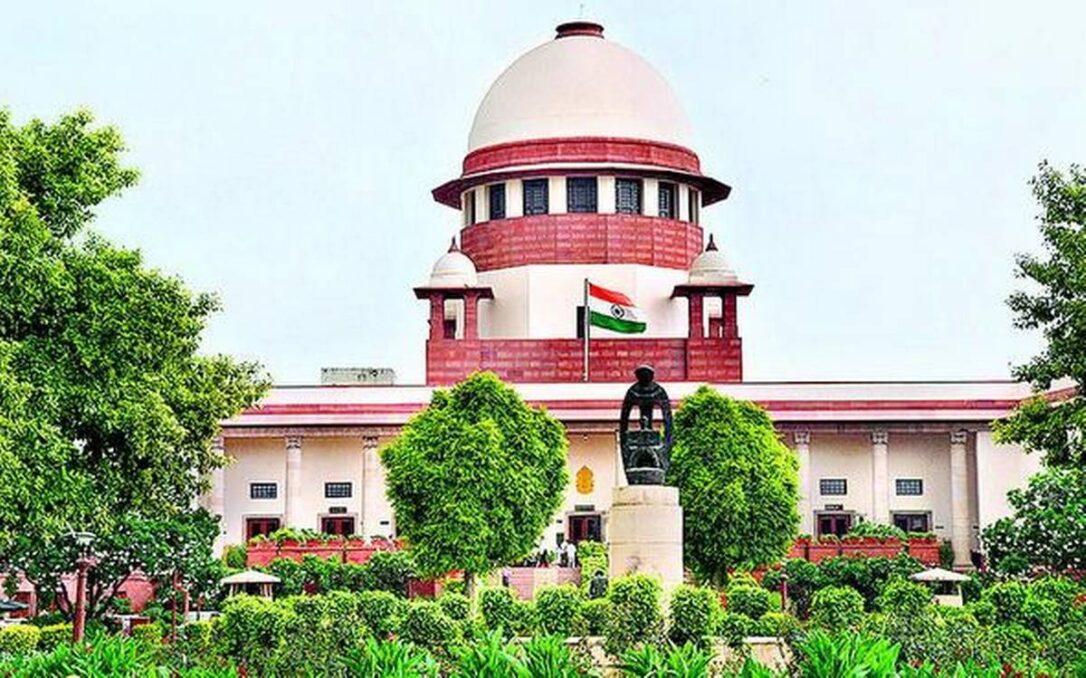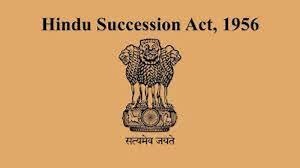In a significant legal ruling, the Supreme Court has clarified the status and property rights of children born from “void or voidable” marriages under the Hindu Succession law. This landmark decision addresses a long-standing issue surrounding the inheritance rights of non-marital children.
Defining Void and Voidable Marriages
Under Hindu law, marriages classified as “void” do not establish the legal status of husband and wife. In contrast, marriages categorized as “voidable” provide the couple with the status of husband and wife, subject to certain conditions. Notably, a void marriage can be annulled without the need for a decree of nullity, whereas a decree of nullity is required for a voidable marriage.
Statutory Legitimacy Confirmed
The Supreme Court’s verdict, delivered on a 2011 plea, conclusively establishes the legitimacy of children born from marriages that are declared null and void. Furthermore, in cases where a voidable marriage is annulled, children conceived before the annulment are deemed legitimate under Section 16(2) of the Hindu Marriage Act.

The judgment, authored by a bench headed by Chief Justice D Y Chandrachud, underscores that daughters have been granted equal rights in a similar vein.
Expanding the Scope of Inheritance
One of the key questions resolved by the top court pertains to whether the share of such children is limited exclusively to the self-acquired property of their parents, as outlined in Section 16(3) of the Hindu Marriage Act. These questions were originally referred to a larger bench by a two-judge bench of the apex court on March 31, 2011.
Awaiting Detailed Order
While this groundbreaking decision provides clarity on the legitimacy and inheritance rights of children from void or voidable marriages, the detailed order is still awaited, offering a more comprehensive understanding of the implications of this ruling.













